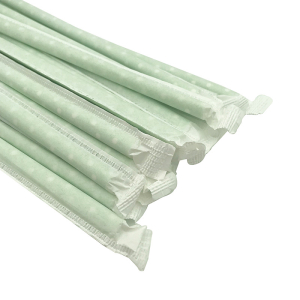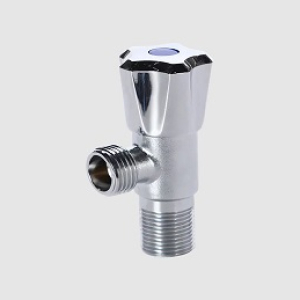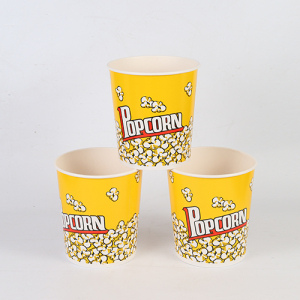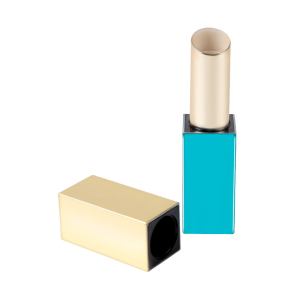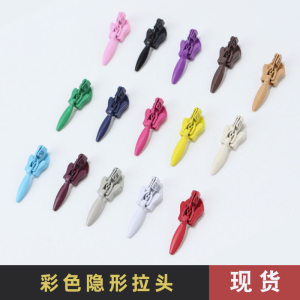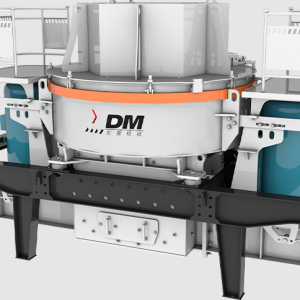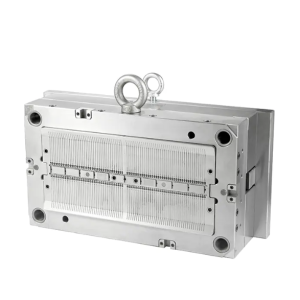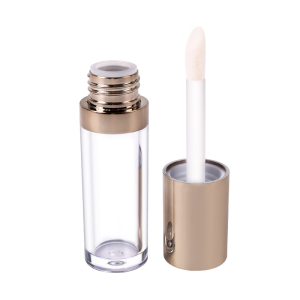Medical device molding plays a pivotal role in the healthcare industry, offering precision manufacturing solutions for a wide range of medical equipment. This advanced manufacturing process involves injecting molten materials, typically thermoplastics, into molds to create intricate components used in medical devices such as syringes, catheters, and implants. The precision and efficiency offered by medical device molding are essential for meeting the stringent quality standards and regulatory requirements of the healthcare sector.
One of the key advantages of medical device molding is its ability to produce complex components with exceptional accuracy and repeatability. This precision is critical for ensuring the performance, safety, and reliability of medical devices, where even minor variations can have significant implications for patient care. Additionally, medical device molding allows for the production of components with consistent quality, enabling manufacturers to meet the demands of the healthcare market while maintaining cost-effectiveness.
Moreover, medical device molding offers versatility in material selection, allowing manufacturers to utilize a wide range of biocompatible plastics suitable for medical use. These materials can be customized to meet specific performance requirements such as strength, flexibility, and compatibility with sterilization processes. This versatility enables the production of medical devices that are not only functional but also safe and reliable for patient use.
Furthermore, medical device molding facilitates the rapid development and commercialization of new medical technologies. By streamlining the manufacturing process and reducing time-to-market, this technology enables medical device manufacturers to bring innovative products to market more quickly, ultimately benefiting patients by providing access to advanced treatments and therapies.

